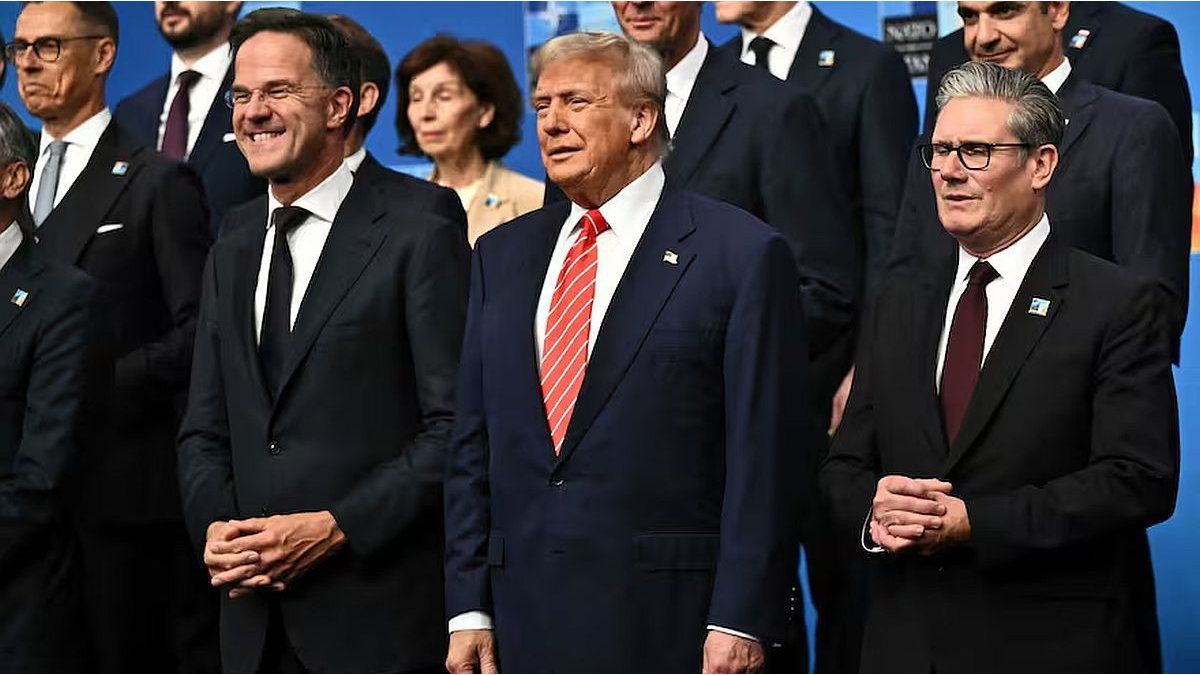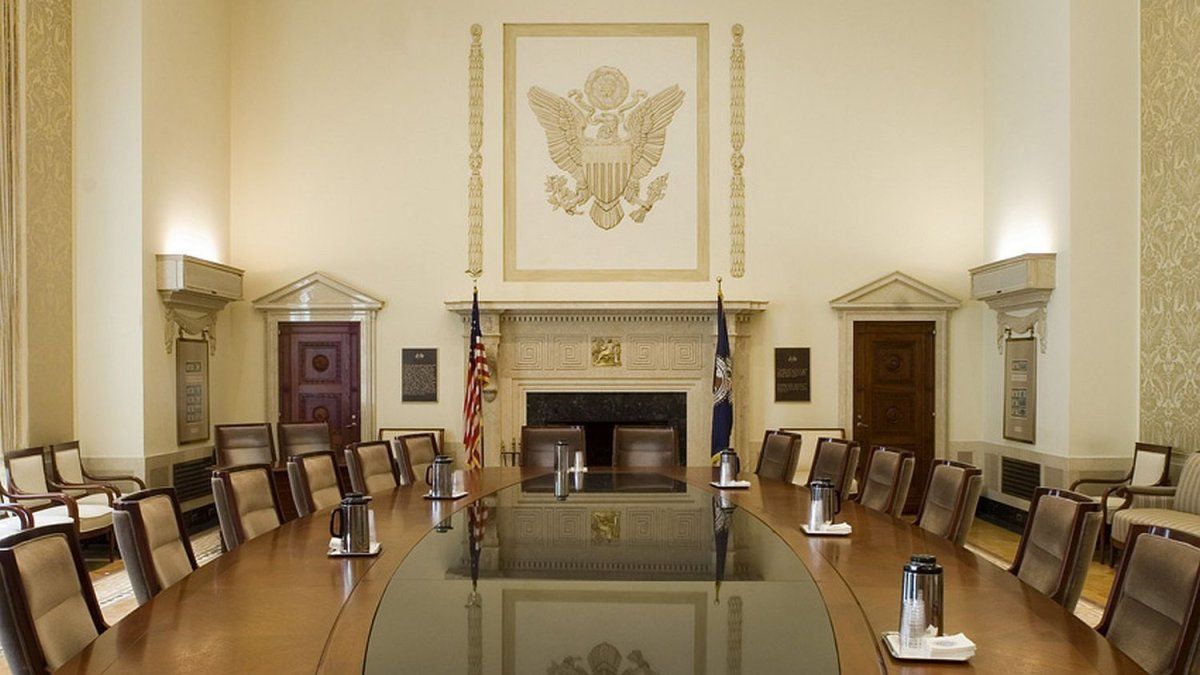The president of the United States, Donald Trump, celebrated the military and subsequent truce in Middle East, And warned that “Iran can’t have a nuclear program. ”
Trump met Wednesday with members of the NATO Alliance, which he has tried to submit to his will over the years, and claimed to be committed to his promise of mutual defense after having sown doubts before.
After reflecting that its compliance with article 5 of the NATO Treaty “depends on its definition,” Trump said about 24 hours after he maintained that promise.
“That’s why I’m here,” he said Wednesday as he met with Dick Schoof, Holland’s prime minister. “Why would anything else be here?”
Meanwhile, the Alliance implemented on Wednesday one of the main priorities of the Republican President: a commitment of NATO member countries to increase, sometimes significantly, the amount they spend in their defense.
“I have asked them to rise to 5% for several years,” Trump said Wednesday while meeting Mark Rutte, the general secretary of the Alliance. “I think it will be very important news.”
The 32 leaders supported a final statement of the summit that says: “The allies commit to investing 5% of GDP annually in fundamental defense requirements, as well as in expenses related to defense and security by 2035, with the aim of ensuring our individual and collective obligations.”
Spain had already officially announced that it cannot meet the objective, and others have expressed reservations, but the investment commitment includes a review of the expenditure in 2029 to supervise progress and reassess the security threat that Russia represents.
The increase in spending occurs after years of Trump complaints, who has said that other countries did not pay their fair part as members of an alliance created as a bulwark against the threats of the former Soviet Union. Most NATO countries, with the key exception of Spain, seemed motivated to strengthen their own defenses not only for the invasion of Ukraine by Russian President Vladimir Putin, but also, perhaps, to appease Trump.
When he was a candidate in 2016, the Republican hinted that, as president, he would not necessarily respect the guarantees of mutual defense of the alliance established in article 5 of the NATO Treaty. In March of this year, he expressed his doubts that NATO would go in defense of the United States if necessary, although the alliance did so after the attacks of September 11, 2001.
On Tuesday, he told journalists aboard Air Force One on his way to The Hague for the Summit, that his commitment to article 5 “depends on his definition.”
“There are numerous definitions of article 5. They know, right?” Trump said. “But I’m committed to being your friend.” He pointed out that he would give a more precise definition of what article 5 means for him once he was at the summit.
The Senator of Nueva Hampshire, Jeanne Shaheen, the main democrat of the Foreign Relations Committee, who traveled to The Hague and met with several foreign leaders at the summit, said that other countries raised “understandable questions” about the United States’s commitment to the alliance, “certainly, given the past statements of President Trump.” “We were very firm and we assured everyone that we are committed to NATO, we are committed to article 5, we are committed to maintaining troops on the eastern flank,” said Shaheen, who represented the United States Senate along with Delaware Democratic senator, Chris Coans.
Before leaving Washington, Trump also expressed his frustration to journalists about Israel’s actions and Iran after his announced fire, although on Monday he said that this was something “very good.” After Trump’s arrival in Holland, several media, including The Associated Press, reported that, in a United States intelligence report, it was suggested in an initial evaluation that Iran’s nuclear program had only been delayed a few months due to the attacks of the weekend and had not been “complete and totally destroyed”, as Trump had said.
But on Wednesday morning, Trump and other senior cabinet officials strongly rejected the evaluation, and the Secretary of Defense, Pete Hegseth, said the government would initiate an investigation into who disclosed those findings to journalists. “That blow ended the war,” Trump said. Comparing with the atomic bombings of the United States during World War II, he added: “I don’t want to use Hiroshima’s example. I don’t want to use Nagasaki’s example. But it was essentially the same. That ended that war.” The White House has not informed with which other world leaders would meet Trump personally while he is in The Hague, but the president said in his meeting with Routte that he will meet with Ukrainian President Volodymr Zelenskyy on Wednesday.
Source: Ambito




